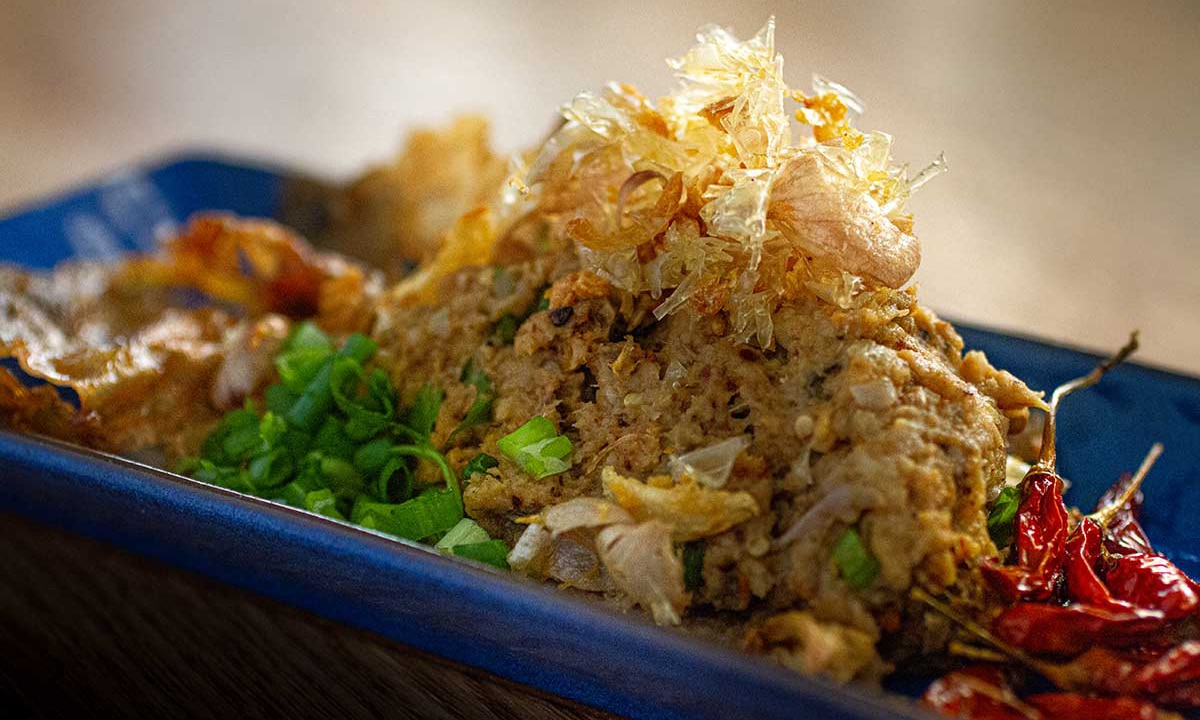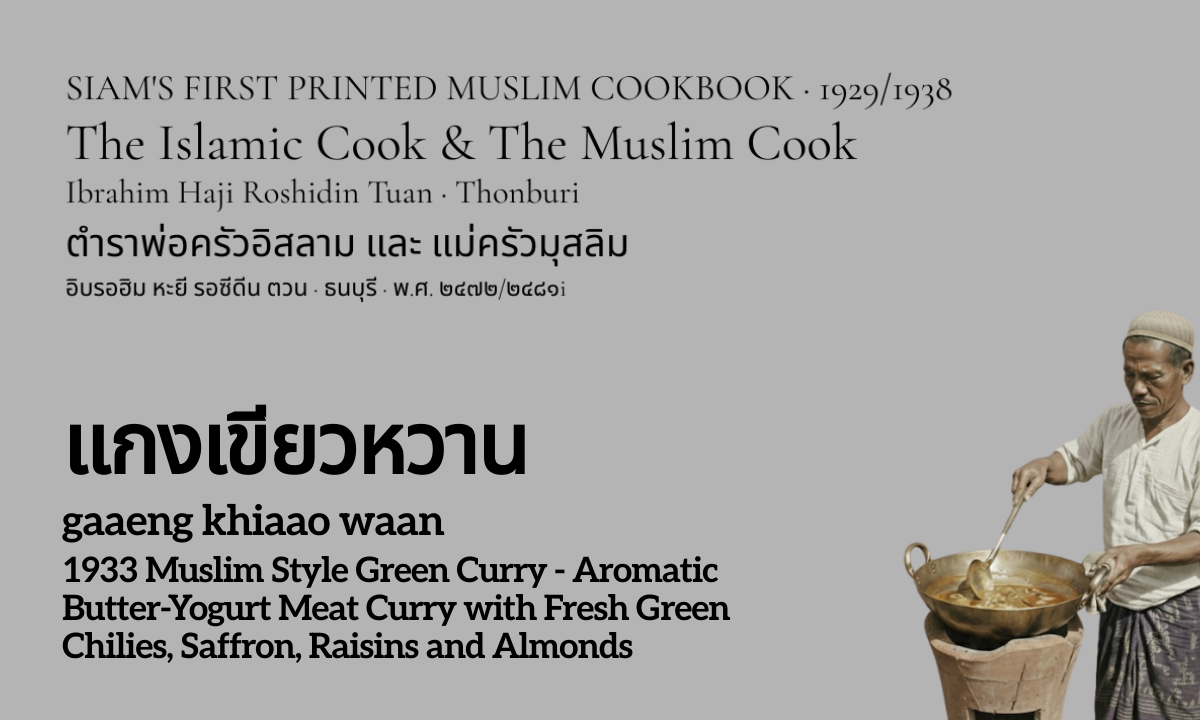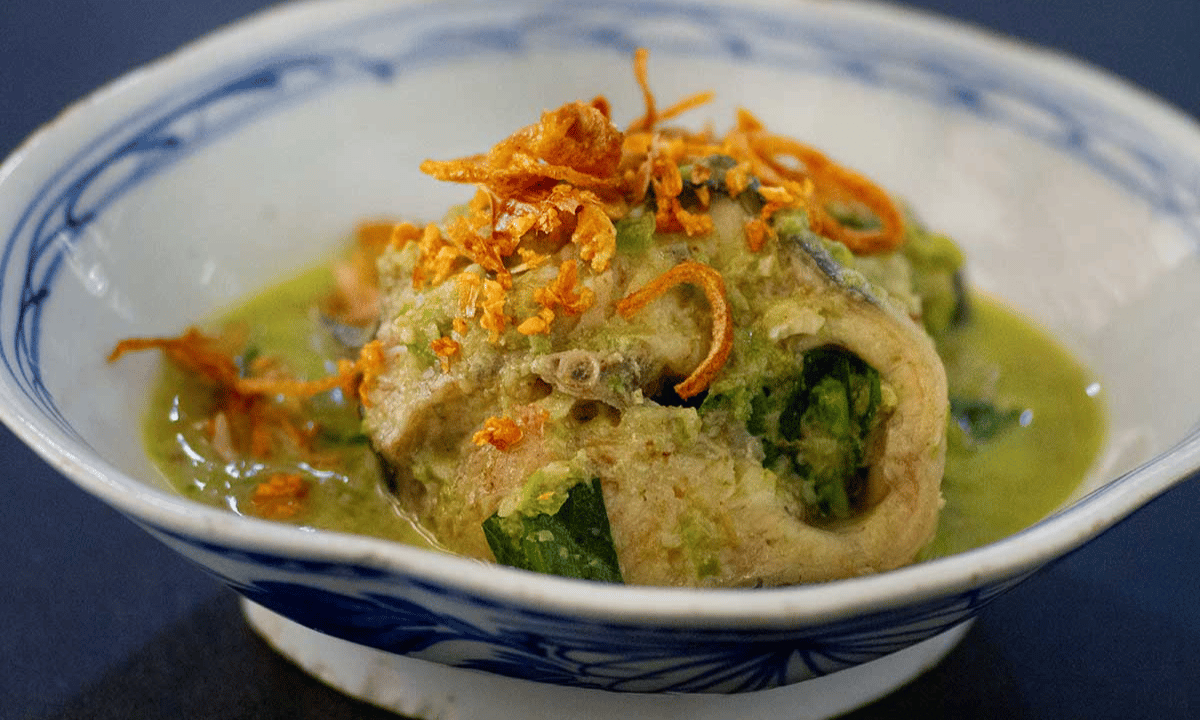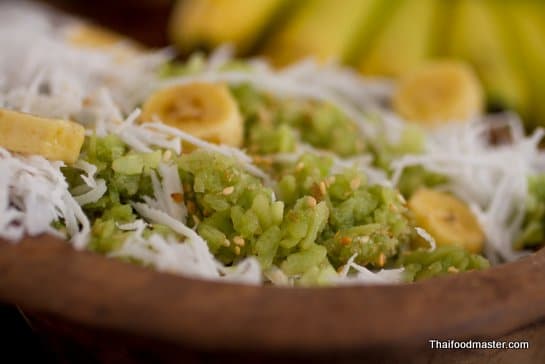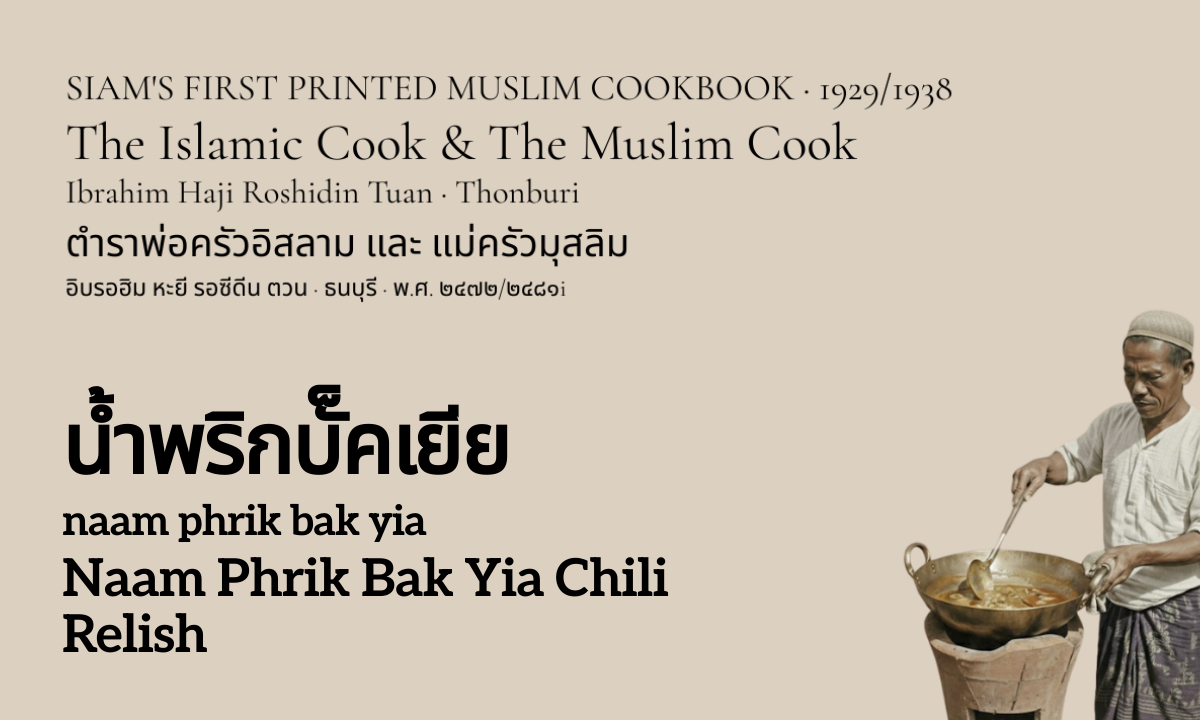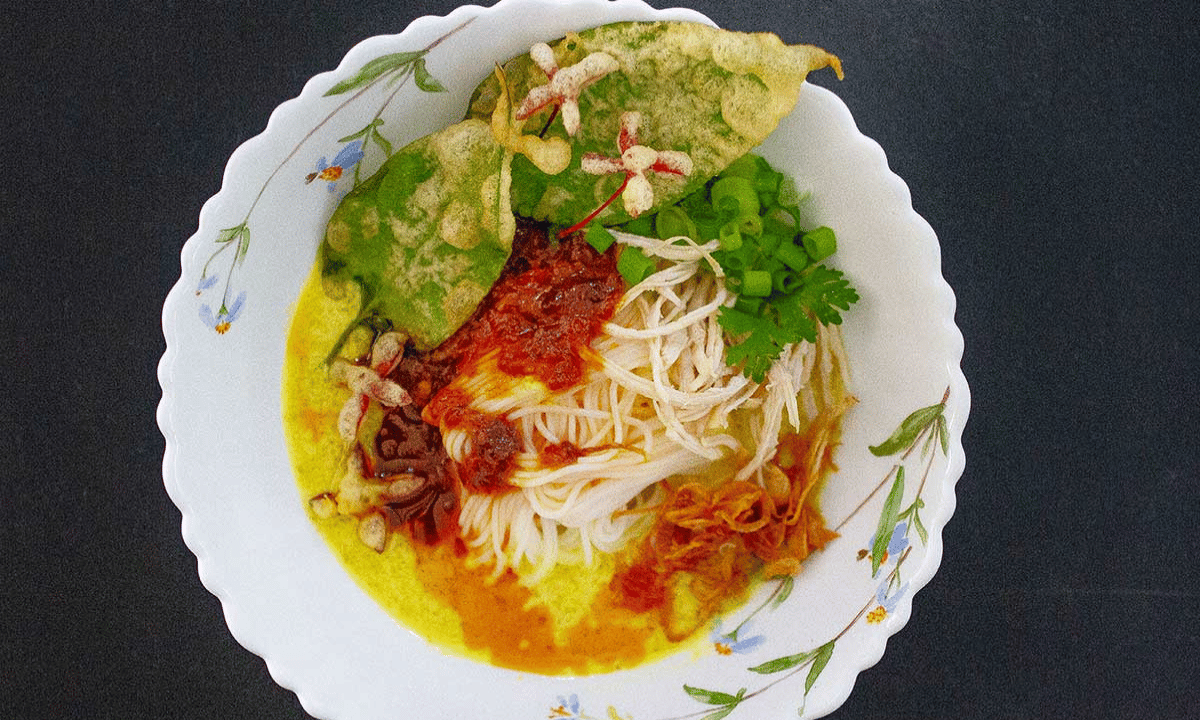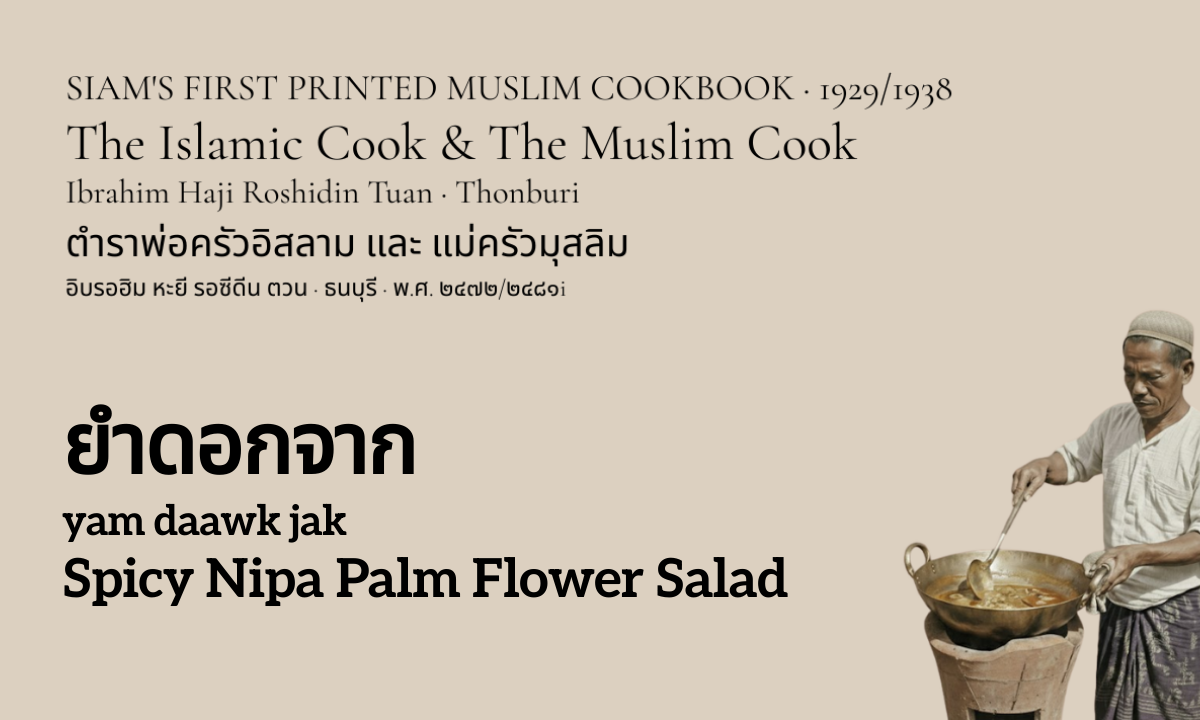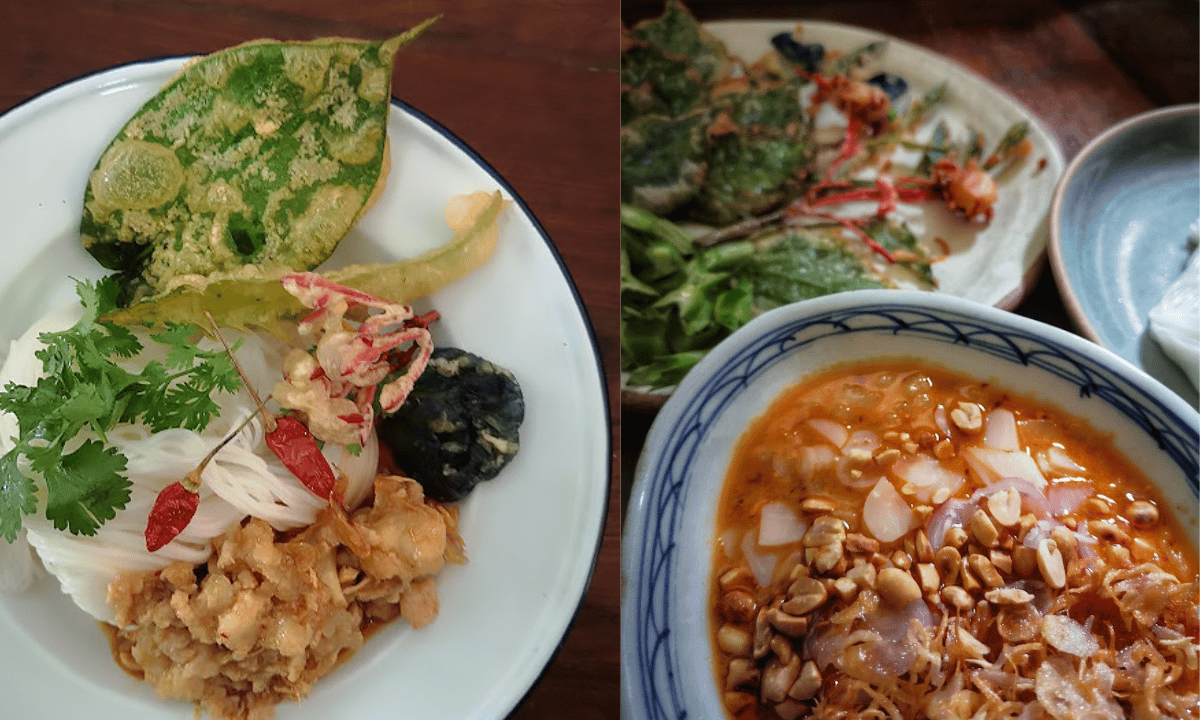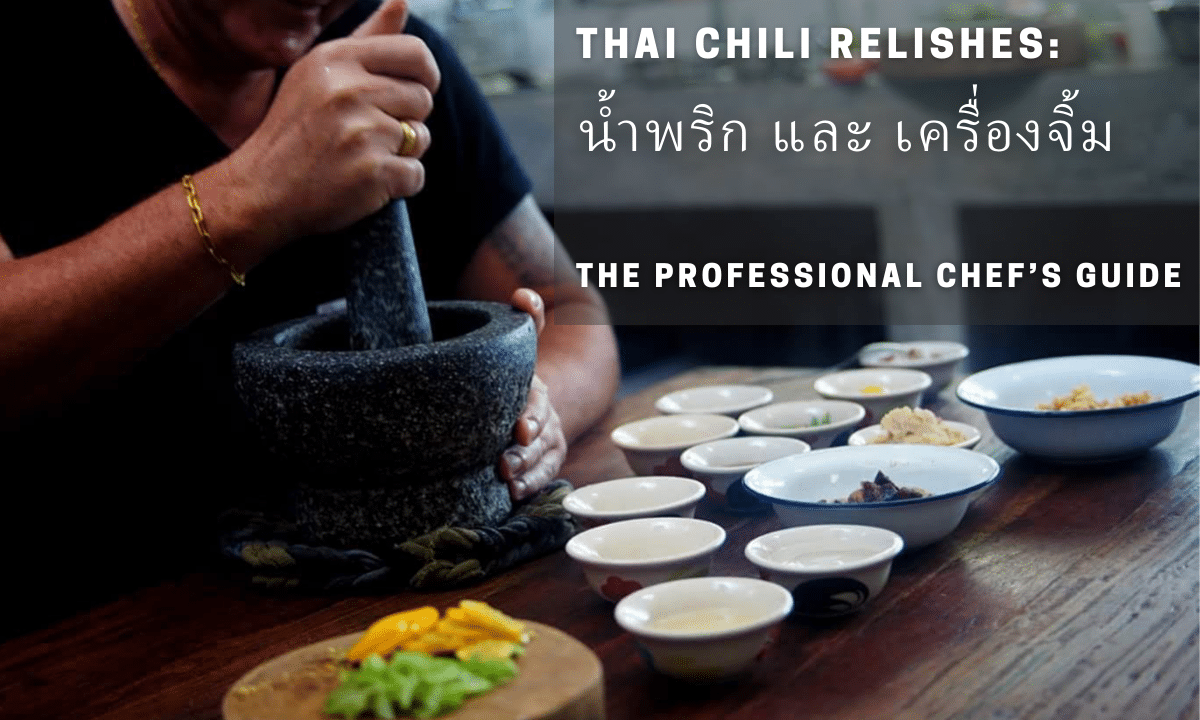Join Thaifoodmaster to unlock this exclusive Thai cuisine content
Thai cuisine is a language with its own grammar and poetry. I decode centuries-old manuscripts to bring you wisdom that transforms cooking into culinary fluency..
Hanuman – Founder
Transform Your Understanding of Thai Cuisine
To unlock the full experience of our authentic Thai cuisine recipes, tips, and exclusive content, consider joining our membership.
What You’ll Unlock as a Member:
Traditional Recipes Revived: Members gain access to a collection of authentic Thai recipes that have been revived from historical texts or are traditional dishes that aren’t commonly found in mainstream Thai cooking resources.
Cooking Tips and Techniques: Learn from experts to perfect your Thai cooking skills.
Expert Guidance: Members receive tips and techniques from experienced chefs and Thai food experts. This includes detailed instructions on preparation methods, such as how to properly slice ingredients, cook meats to the right consistency, and balance flavors perfectly .
Visual Frameworks: Unique visual frameworks available nowhere else help guide members through the cooking process. These frameworks, such as the Visual Flavor Profiling System, illustrate the relationships and interactions between different flavor components, aiding in the creation of balanced, complex and flavorful Thai food creations.
Step-by-Step Guides: Many recipes and techniques are accompanied by visual aids like photos and videos, ensuring that members can follow along easily and achieve the best results in their cooking endeavors.
Hanuman’s Research and Insights: In-Depth Articles and Analysis: Members can delve into Hanuman’s comprehensive research on Thai cuisine, which includes historical contexts, cultural influences, and detailed analysis of traditional cooking methods. Hanuman’s work provides valuable insights into the art and science of Thai cooking, helping members to understand and appreciate the depth of Thai culinary traditions.
You don’t have access to view this page
If you continue to experience this problem, please contact us.
